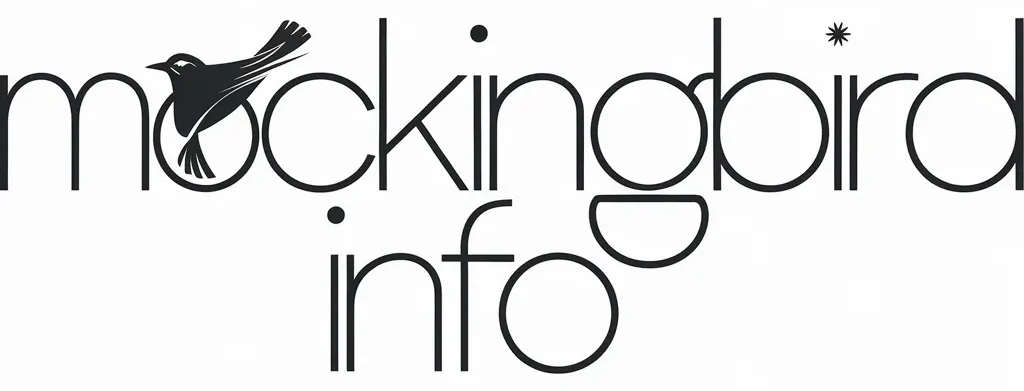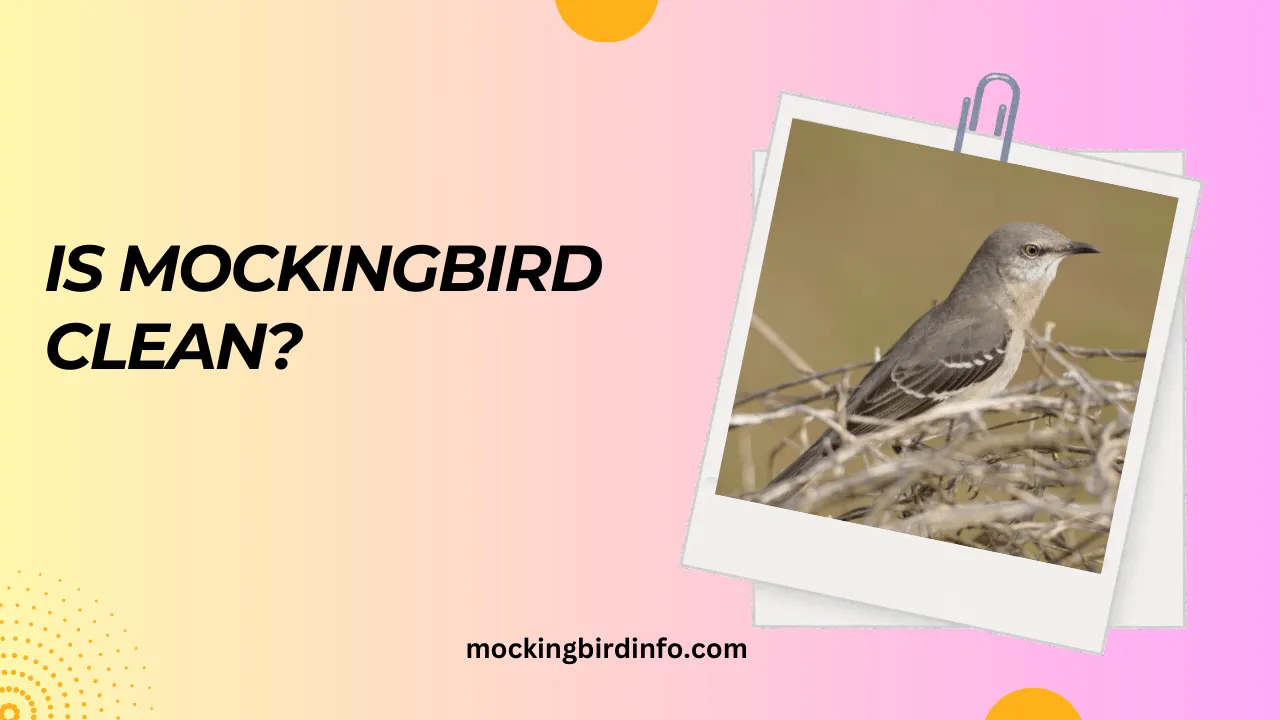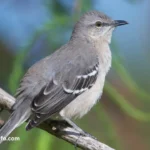Have you ever marveled at the lyrical, enchanting melodies of a mockingbird? These fascinating creatures are celebrated for their mimicry, territorial bravery, and natural charisma.
But as you admire them, a question might linger in your mind: how clean are these birds? With their frequent presence in backyards and gardens, it’s worth understanding their hygiene habits and any potential risks they may pose.
While mockingbirds are known for their dazzling songs and vibrant personalities, they are also nature’s meticulous cleaners. From frequent bathing to maintaining tidy nests, mockingbirds show remarkable hygiene habits.
However, like all wild birds, they carry some bacteria and parasites. Understanding their cleanliness, potential health risks, and how we can minimize these risks is essential for anyone who enjoys birdwatching or shares outdoor spaces with them.
This blog delves into the truth about mockingbirds and their cleanliness. We’ll explore their habits, the potential health risks of living around these birds, and practical tips for coexisting with them safely.
By the end, you’ll not only appreciate mockingbirds more but also feel reassured about their presence in your life.
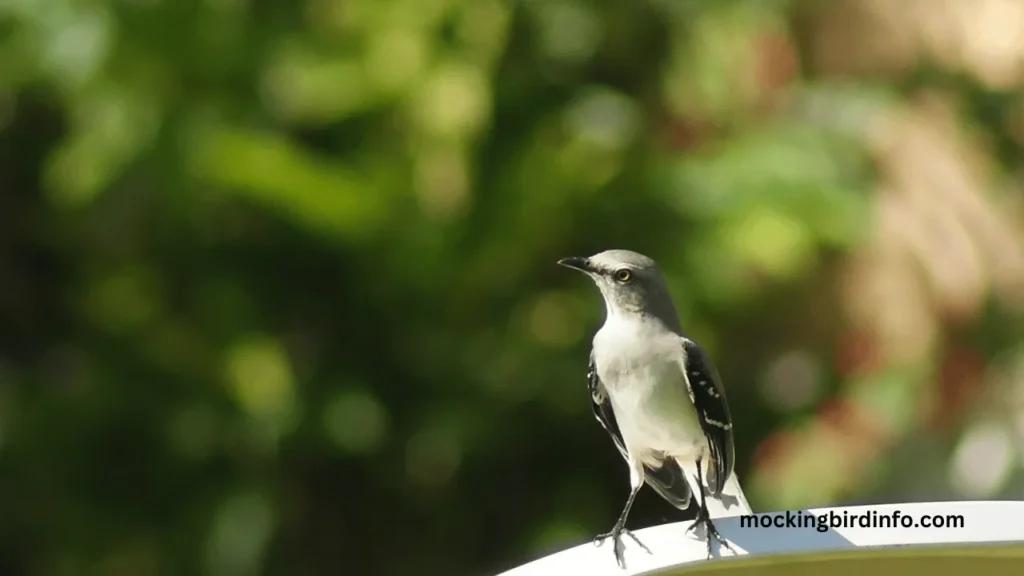
Contents [hide]
Mockingbird Hygiene
Mockingbirds are naturally clean creatures, and their hygiene habits reflect their instinct for survival. They engage in daily activities like bathing and preening to maintain their feathers.
Bathing is not only about cleanliness but also helps them regulate their body temperature and remove parasites. They frequently seek out clean water sources for this purpose, making birdbaths a favorite spot.
Mockingbirds are selective eaters with sanitary feeding habits, avoiding contaminated food or water. They inspect their surroundings and avoid areas with visible debris or decay, ensuring a healthy diet. This behavior minimizes their exposure to harmful bacteria.
Their nests are equally well-maintained. Mockingbirds are diligent in building clean and secure nests, often removing parasites, droppings, or debris to provide a safe environment for their eggs and hatchlings.
These efforts highlight their commitment to hygiene, which benefits their overall health and survival.
Potential Health Risks
While mockingbirds maintain cleanliness, health risks exist, albeit minimal, for humans interacting with them. Their droppings, like those of any bird species, can carry bacteria like Salmonella.
This can lead to foodborne illnesses if humans come into contact with contaminated surfaces or food. However, the risk remains low with proper hygiene practices.
Mockingbirds may host external parasites, such as mites or ticks. These parasites are usually bird-specific and rarely pose a direct threat to humans. Nevertheless, close contact with nests or infested areas should be avoided to prevent accidental exposure.
Another potential risk is Histoplasmosis, a lung infection caused by inhaling spores of a fungus found in bird droppings. This risk primarily arises in enclosed spaces with large amounts of droppings, which is uncommon in casual outdoor settings. By keeping their spaces clean and avoiding prolonged exposure to droppings, humans can minimize these health concerns.
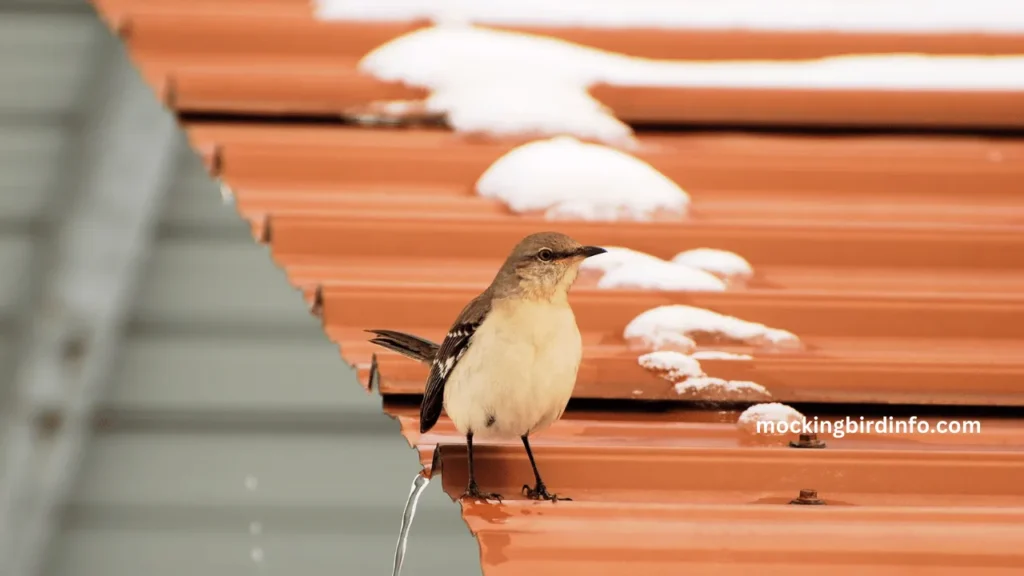
Minimizing Risks
To enjoy the presence of mockingbirds safely, practicing proper hygiene is crucial. Start by washing your hands thoroughly with soap and water after handling bird feeders, baths, or areas where bird droppings are present. This simple step greatly reduces the risk of bacterial infections.
Regularly cleaning bird feeders and baths is another vital measure. Use a mild disinfectant to remove bacteria or mold, ensuring a clean environment for both birds and humans.
This practice benefits the birds by keeping their water sources fresh and reduces health risks for you.
Avoid direct contact with mockingbirds or their nests. While their curiosity might tempt them to approach, it’s best to maintain a respectful distance.
If you suspect illness after exposure to bird droppings or nests, consult a healthcare professional promptly. Early diagnosis ensures proper treatment for any potential infections.
The Benefits of Mockingbirds
Mockingbirds are more than just melodious birds; they are vital contributors to ecosystems. Their ecosystem services, such as pest control, help maintain the balance of nature.
By consuming harmful insects, they protect plants and gardens without the need for pesticides. Their songs add an aesthetic value to our surroundings. Listening to their tunes can uplift your mood, connect you to nature, and offer moments of tranquility.
Observing their territorial displays and interactions can be both educational and entertaining, especially for children learning about wildlife. These birds also assist in seed dispersal, helping to grow new plants and trees.
Their role in supporting biodiversity makes them an essential part of natural habitats, showcasing their importance beyond their captivating charm.
Conclusion
Mockingbirds are undeniably clean and fascinating creatures. From their meticulous bathing and preening to their tidy nests, they exemplify hygiene in the bird world.
While they may carry some bacteria and parasites, the risks to humans are minimal when proper precautions are taken.
To coexist with these delightful birds responsibly, prioritize hygiene practices such as cleaning feeders and washing hands after contact with bird-related surfaces.
This not only safeguards your health but also encourages a thriving environment for mockingbirds and other wildlife.
As you listen to the mockingbird’s song, take a moment to appreciate its role in the ecosystem and the joy it brings. With a few precautions, you can enjoy their presence while ensuring a safe and healthy outdoor space.
FAQs
1. Are mockingbirds clean birds?
Yes, mockingbirds are naturally clean. They engage in regular bathing, preening, and maintaining tidy nests.
2. Can mockingbirds carry diseases?
Like all birds, mockingbirds can carry bacteria like Salmonella and fungi such as Histoplasma, but risks to humans are low with proper hygiene.
3. Do mockingbirds spread parasites to humans?
Mockingbirds may host bird-specific parasites, which rarely affect humans unless there is close contact with nests.
4. How can I minimize health risks around mockingbirds?
Regularly clean bird feeders, wash hands after contact, and avoid handling wild birds or their nests.
5. What are the benefits of having mockingbirds in my yard?
Mockingbirds control pests, disperse seeds, and enhance outdoor spaces with their beautiful songs.
6. Is it safe to feed mockingbirds?
Yes, but use clean feeders and provide appropriate food, such as fruits or seeds, to ensure their health and minimize contamination.
